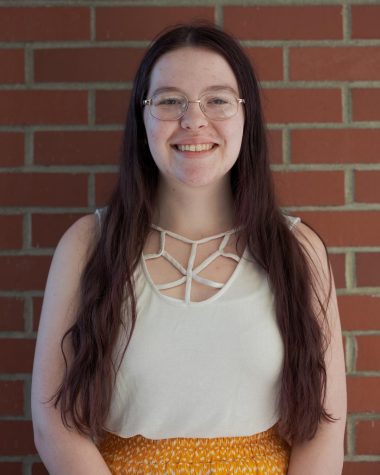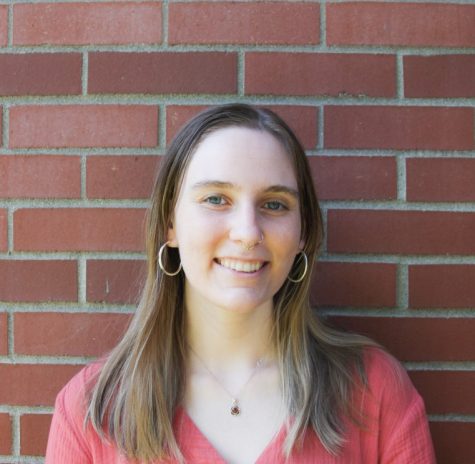Finding freedom outside the SPU bubble
Students explain their experiences living off-campus
October 21, 2020

With many classes shifting to online modalities due to the COVID-19 pandemic, quite a few students have chosen to live off-campus. While some live close enough to commute to campus for in-person classes, others can attend school entirely online, sometimes far away from campus. However, this unique college experience has come with both pros and cons.
For third year Kilee Jones, her experience has been largely positive. She lives about five minutes away from campus, but because all of her classes are online, she doesn’t need to commute, which she thinks is convenient.
Jones was living on-campus for the spring quarter, but she felt very restricted in what she could do and did not enjoy the experience.
“It was a stressful situation, so I moved home, and I knew I definitely didn’t want to live on campus this year,” Jones said.
Now, Jones is enjoying the new freedom and responsibility living off-campus has given her, which is one of the main reasons she made the decision.
“I wanted to experience more of Seattle, being an adult, living on my own and having to do things for myself,” Jones explained.
First year Alexis Fejeran, on the other hand, lives much farther from campus. She lives in Guam, and her distance from campus played a part in her decision to stay home. When all of her classes turned out to be online, she decided to stay home because of the convenience.
“I would have to do so much more to be able to go to Seattle. There would be travel restrictions, and it just made more sense since my classes wouldn’t be in person,” Fejeran explained. “It’s just not worth the trip to do something that wouldn’t benefit me in the future.”

Finances play a part in decisions to stay home, as well. Even students who would have preferred to stay on campus might have moved back home because of money concerns.
“I went back home for spring quarter. I didn’t want to, but financially speaking it was a better investment,” second-year Grace Yang said.
Students who are immunocompromised face their own set of problems as their safety is threatened by the pandemic. Just as her last year of college was about to begin, Demi Reeves, who was an RA, realized that she needed to move back home to California for her own safety.
She was able to remain on campus in the spring because she was moved to Emerson Hall, which is a suite style living space, allowing her to have her own bathroom. However, in the fall, she was supposed to move back to Ashton and she would have had to share a bathroom with other students.
“It was too big of a risk, and SPU was unwilling to make some accommodations for me in order to stay,” Reeves explained.
Living off-campus has made meeting new people and connecting with others difficult.
“It has been very difficult to connect with other students, because in a lot of my classes there are incoming freshmen that are living in the dorms, and now being online I’m not able to really communicate with them and learn about them and form those relationships,” Jones explained. “The people that I do know I find that we do communicate more, but it’s only through texting.”
While students who have been attending SPU for one or more years have friends that they can connect with, new students like Fejeran do not have that benefit. Because of this, the disconnect can be even more extreme.
“I’m not able to meet any people, I’m not able to walk around campus and get used to the environment, so it’s kind of putting me at a disadvantage for the school that I’m going to be attending for the next four years,” she said.
Because of this pandemic, many students who are off-campus are missing out on the many new experiences and relationships that college life has to offer.
“It sucks for an out of state student, too, not being able to go back to the out of state college that they wanted to go to, because the experience in Washington is much more different from the experiences in California,” Yang said.
What college life will look like in the upcoming quarters is still unknown, so it is difficult for students like Fejeran who would consider coming to campus for in-person classes to make plans for the future.
“If more of my classes would be in person, for the next quarter, then I would move,” she said.
Jones, on the other hand, plans to continue living off-campus no matter how the situation changes in upcoming quarters due to the freedom it has given her.
“I plan on living off-campus until I graduate. I love being independent. I’ve always been very independent, so living off-campus gives me that opportunity.”



























































































